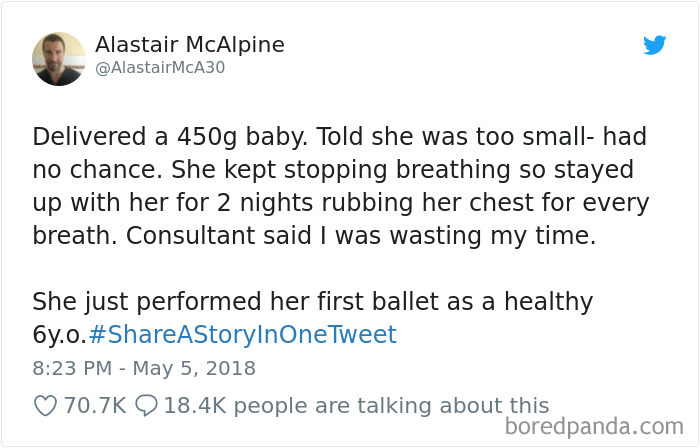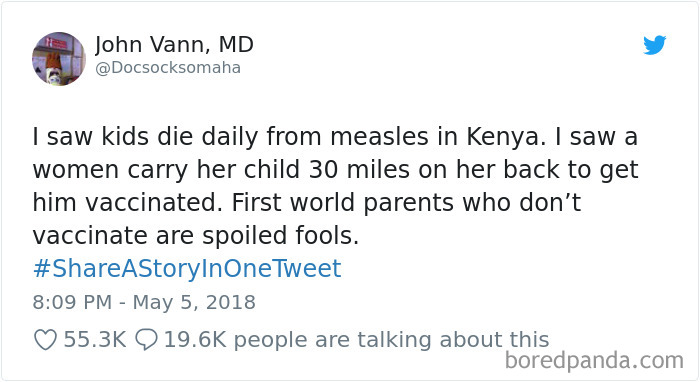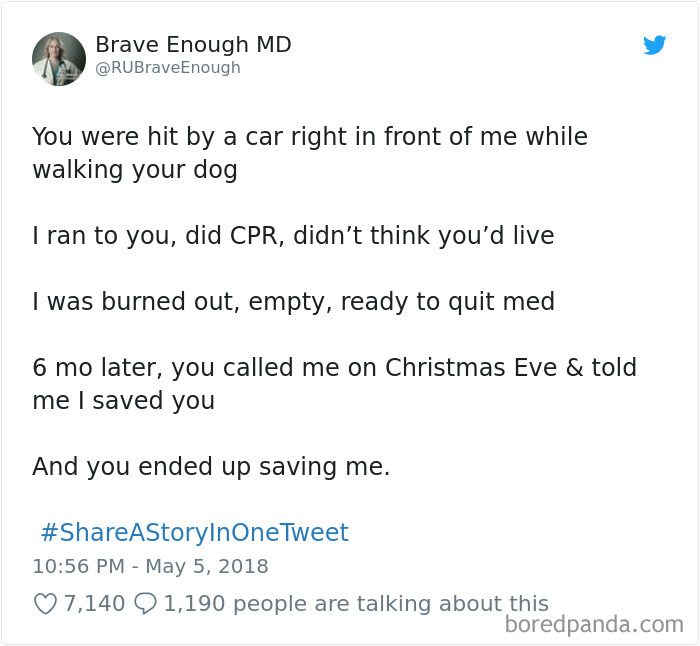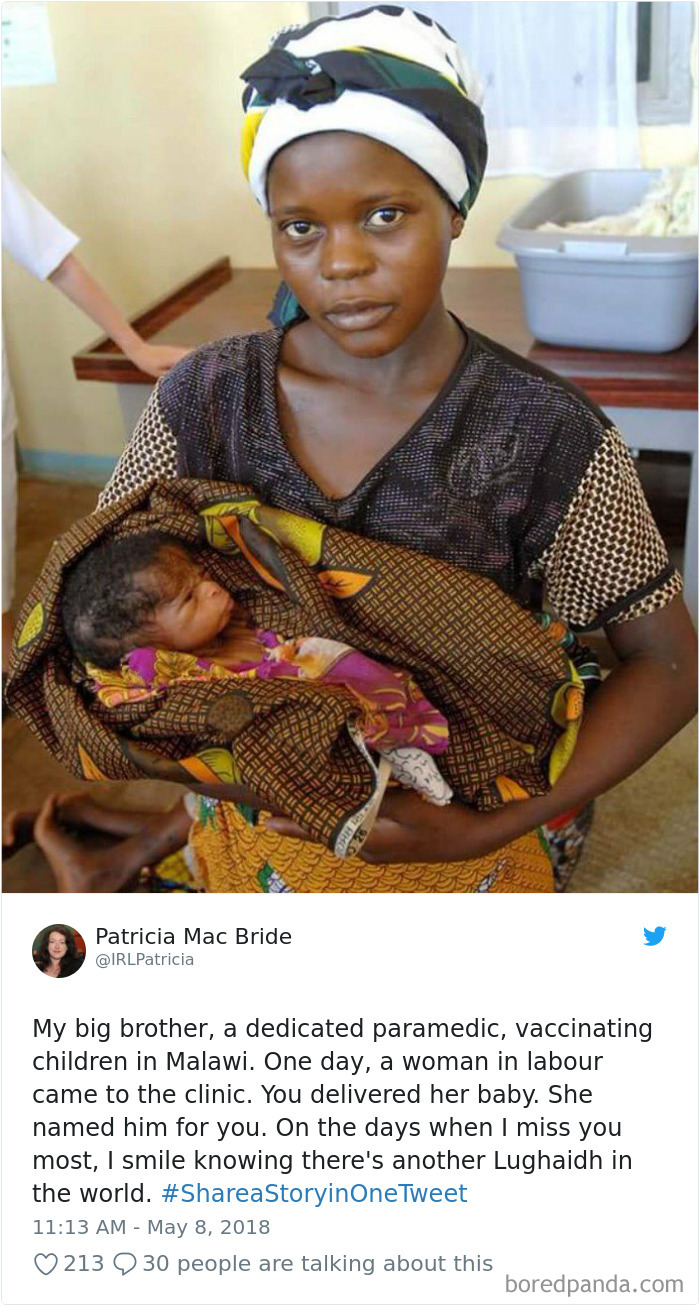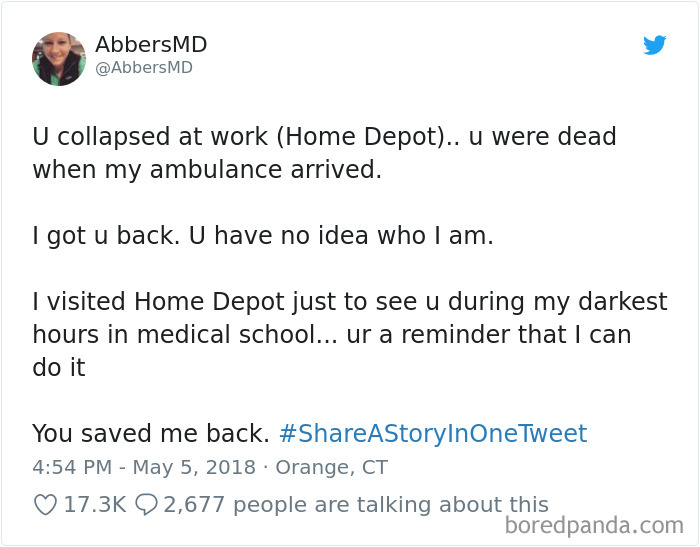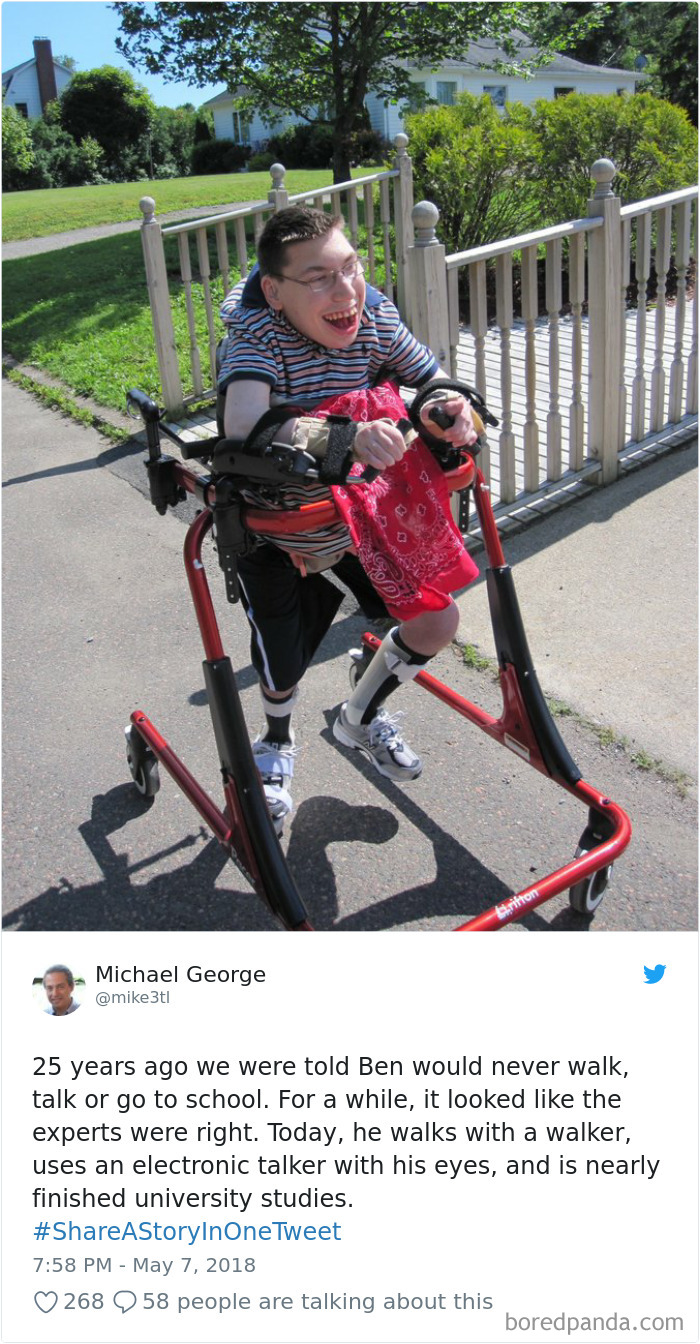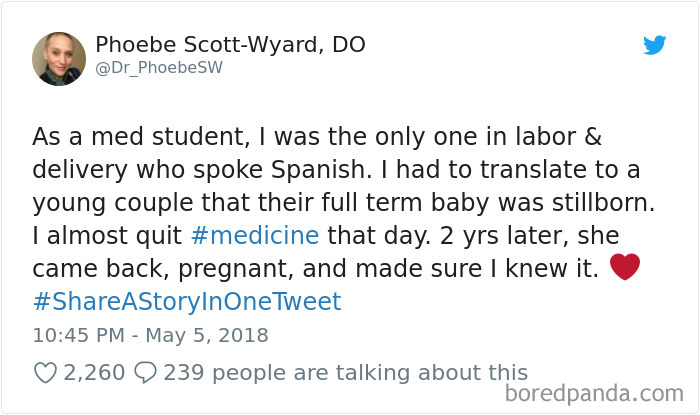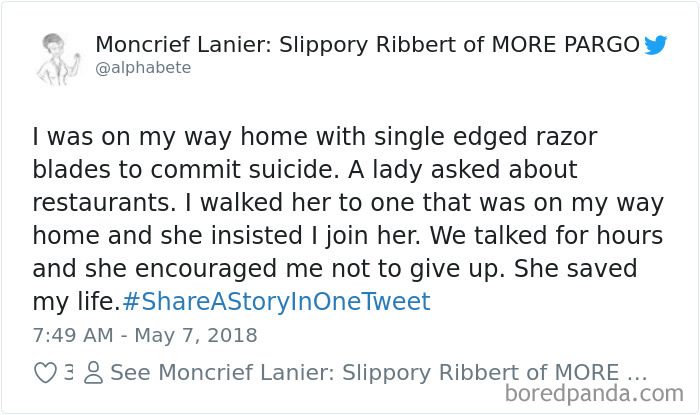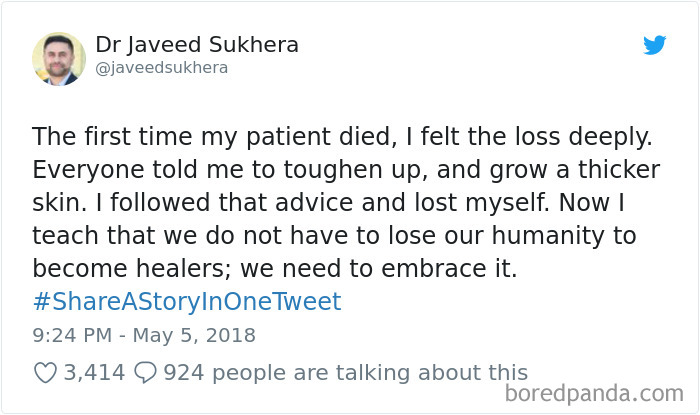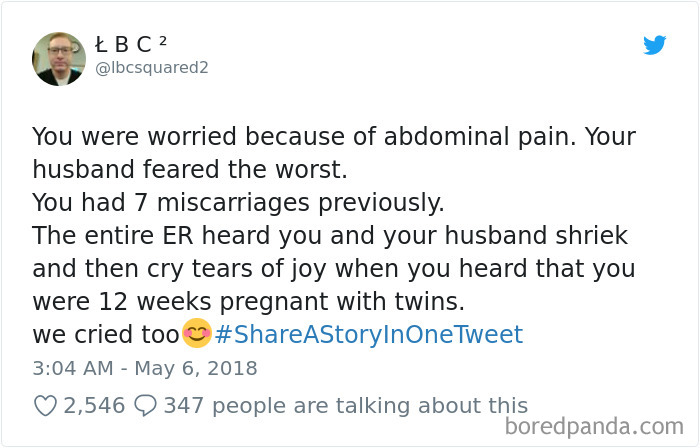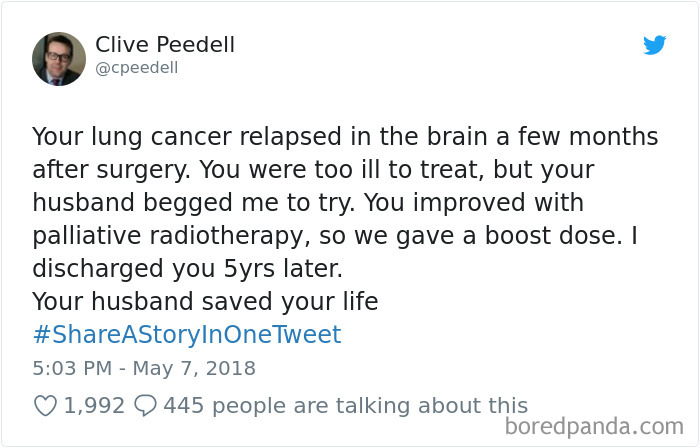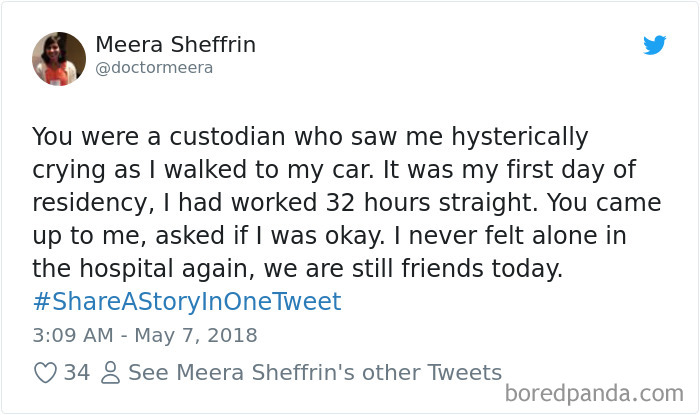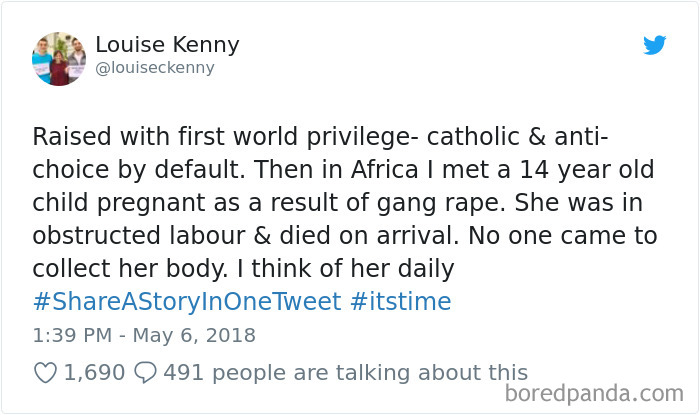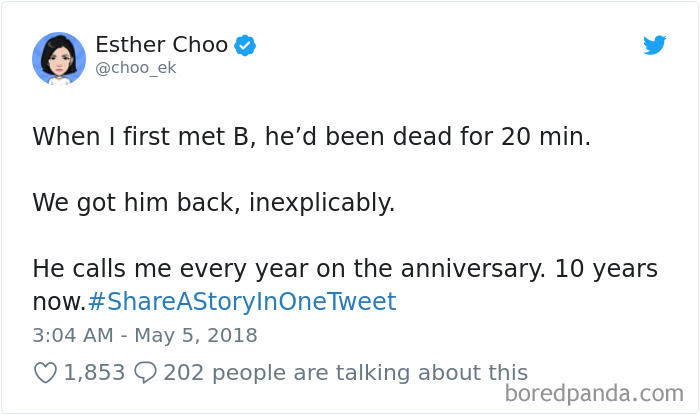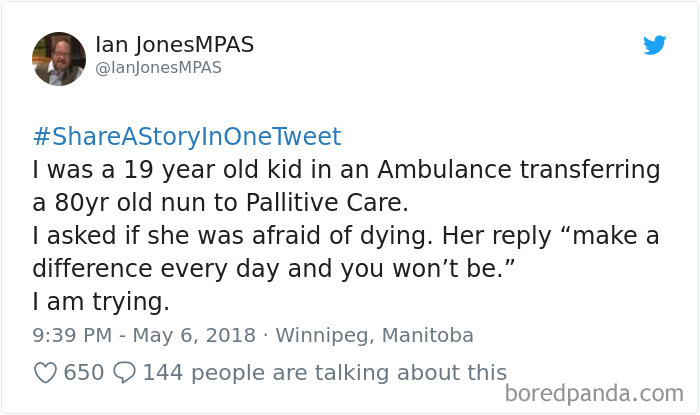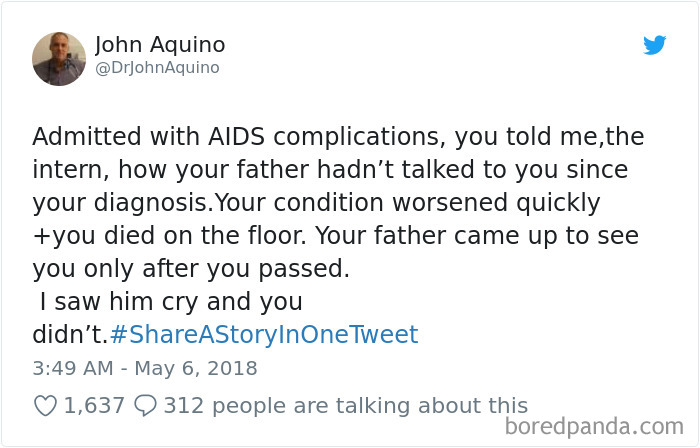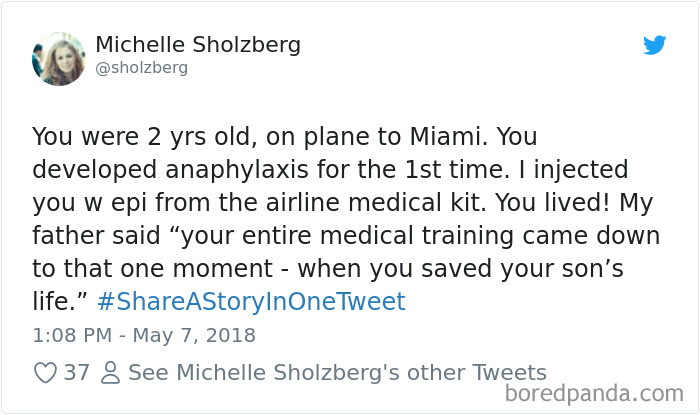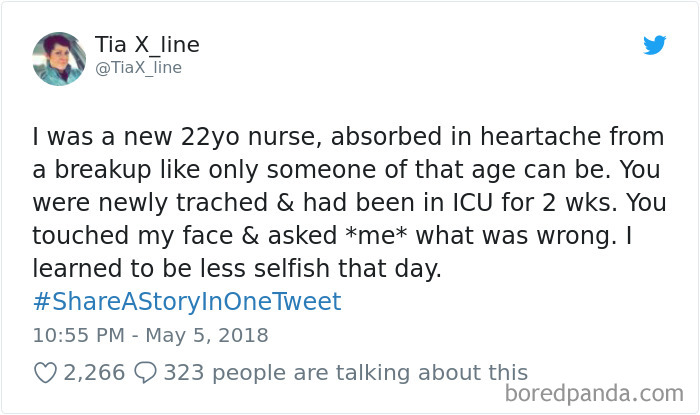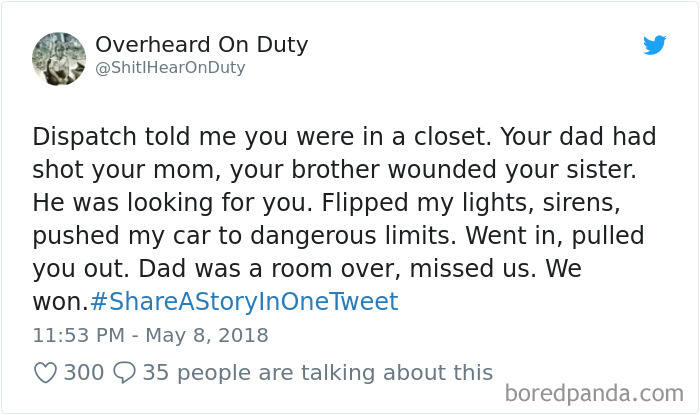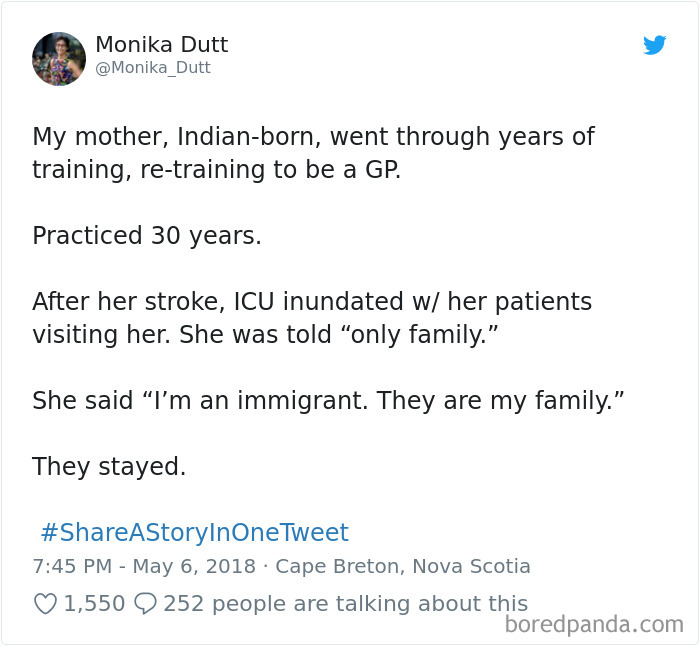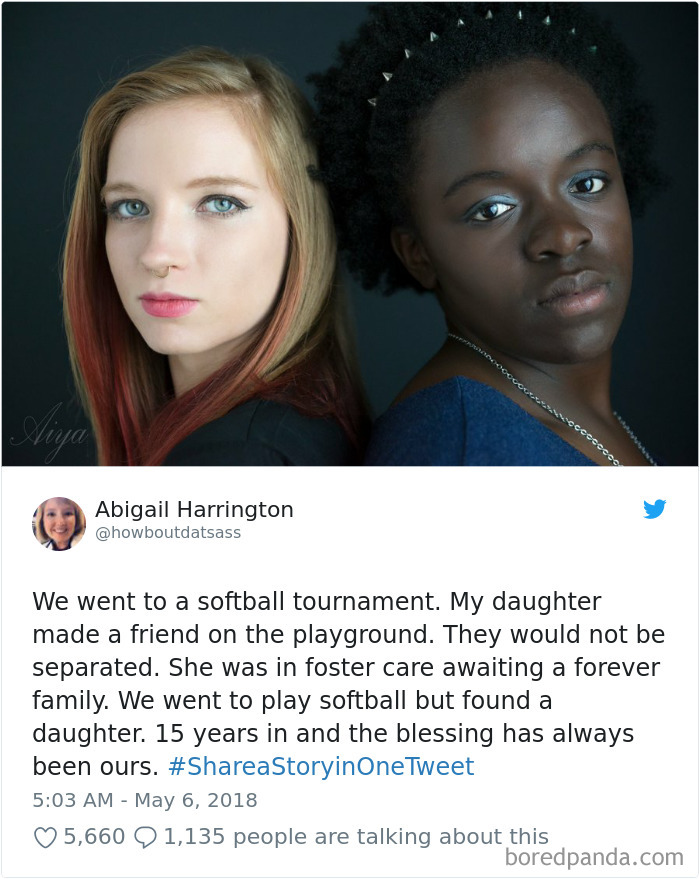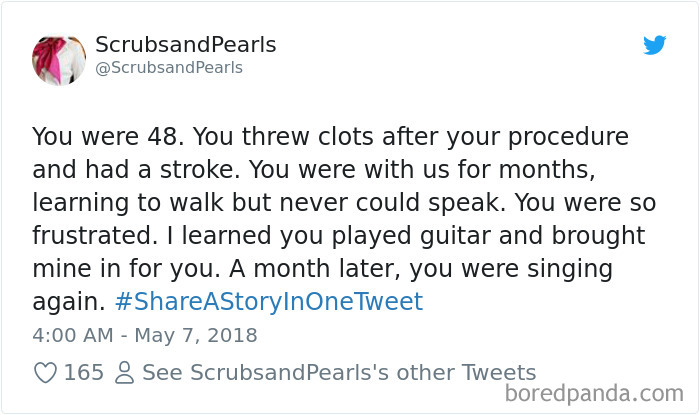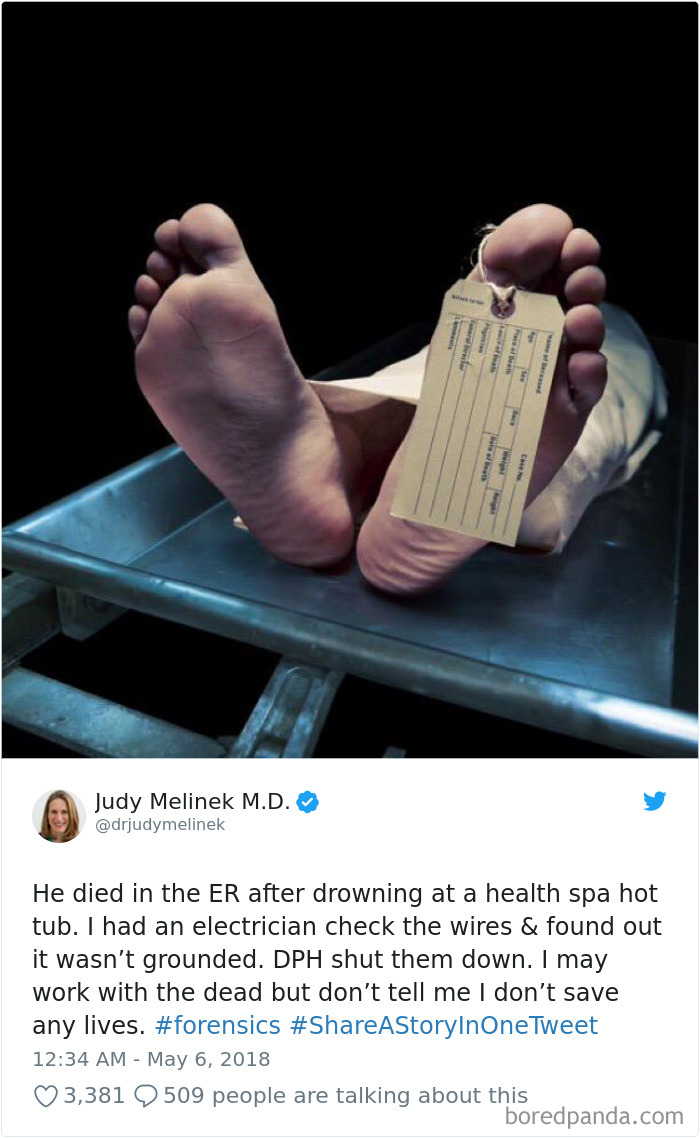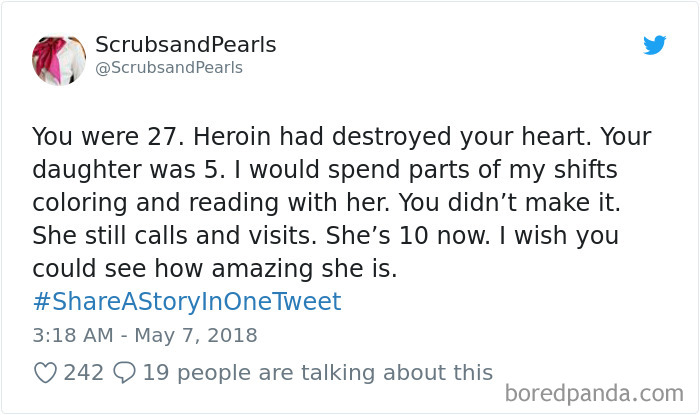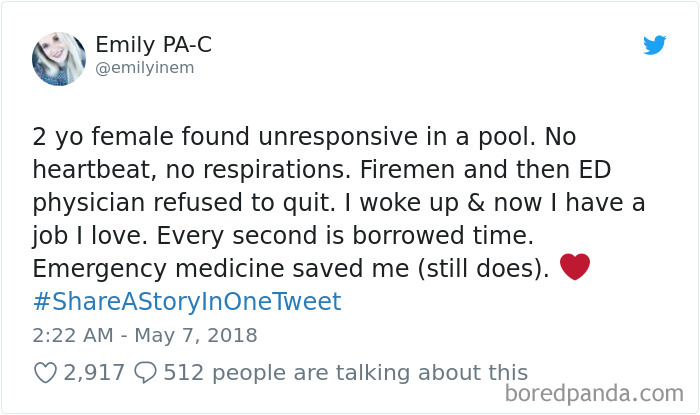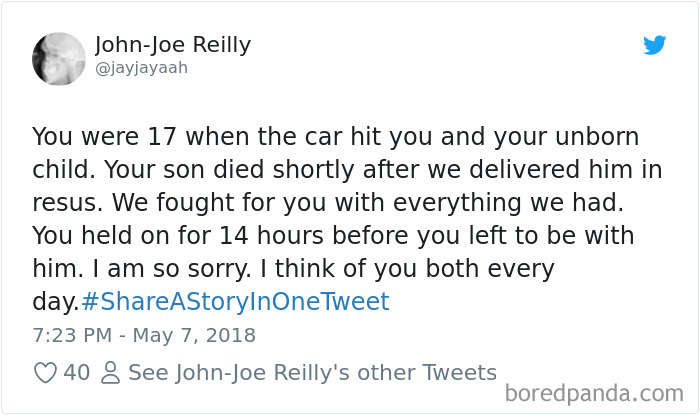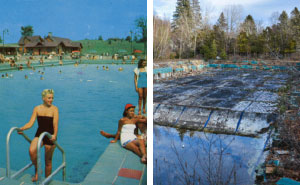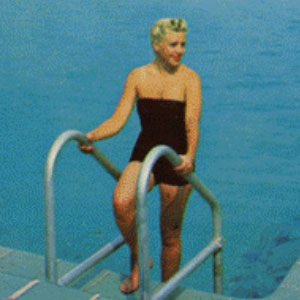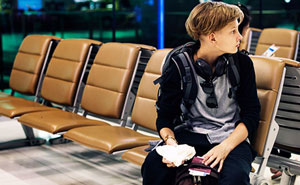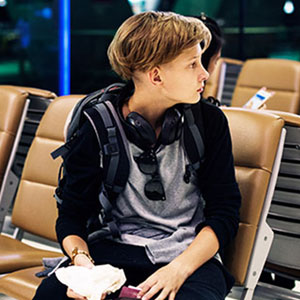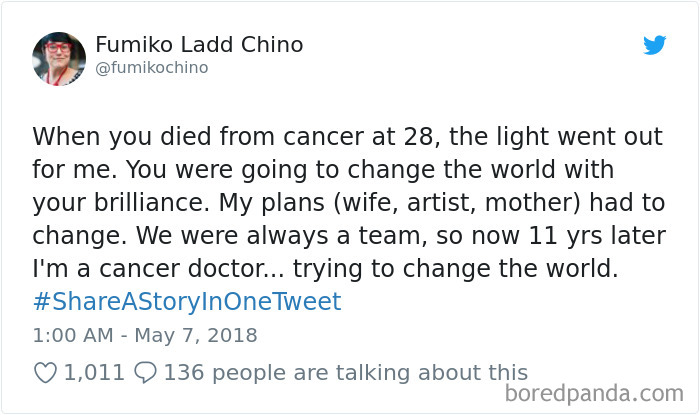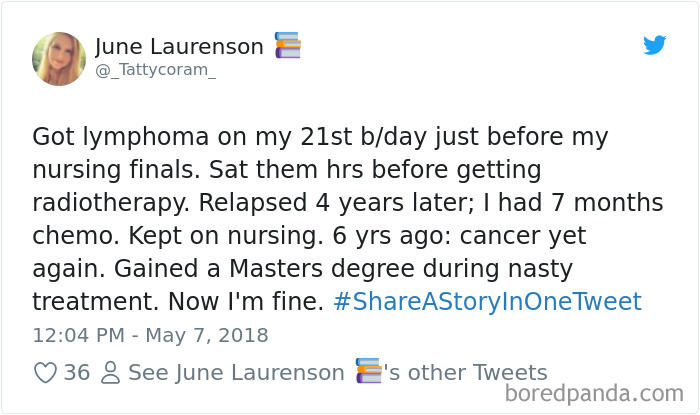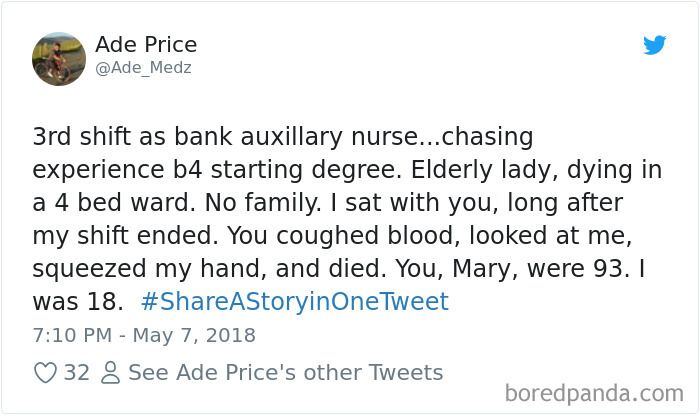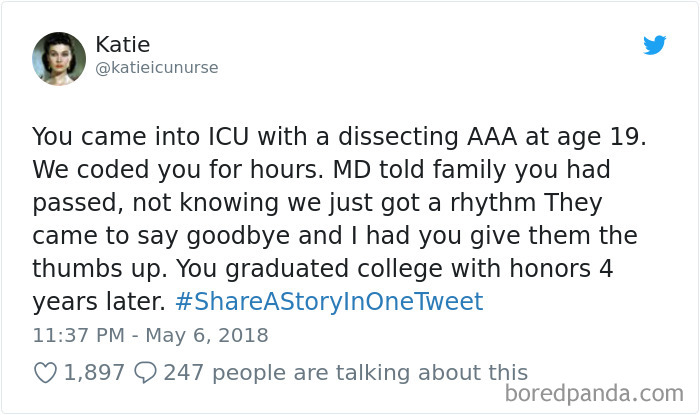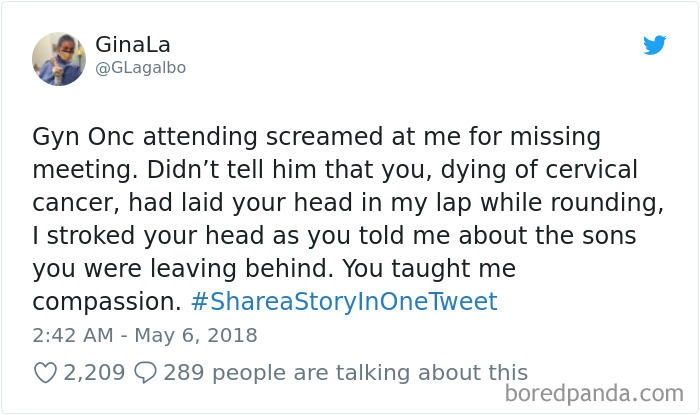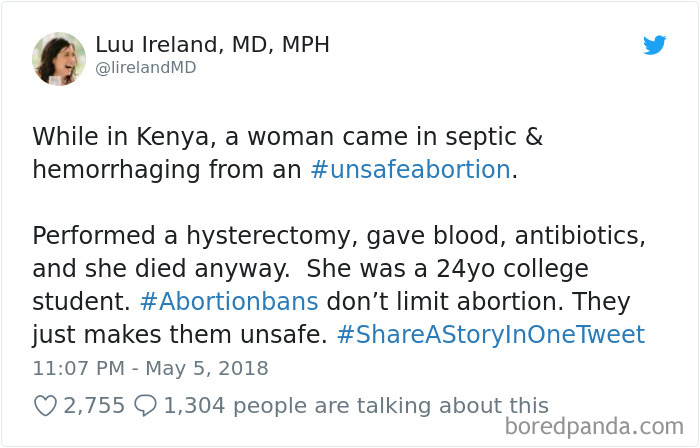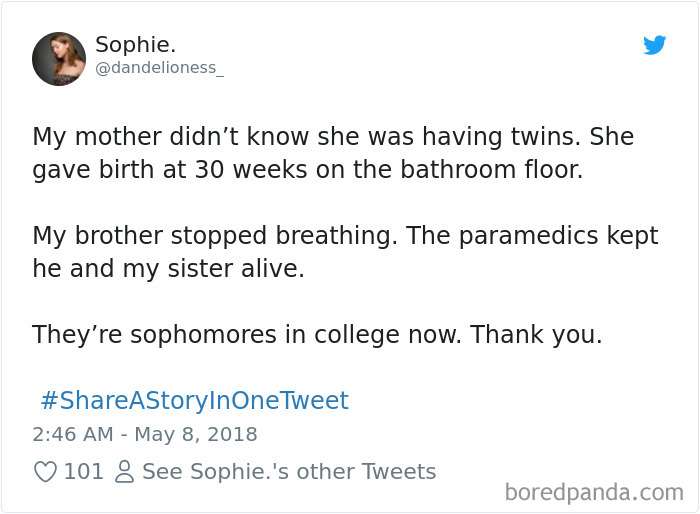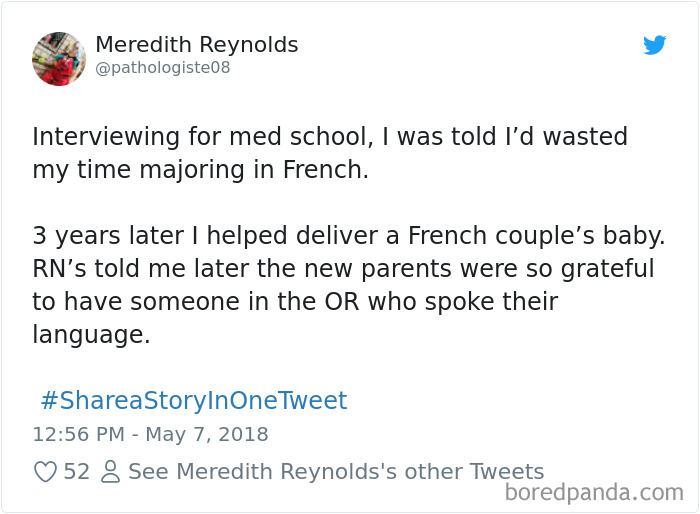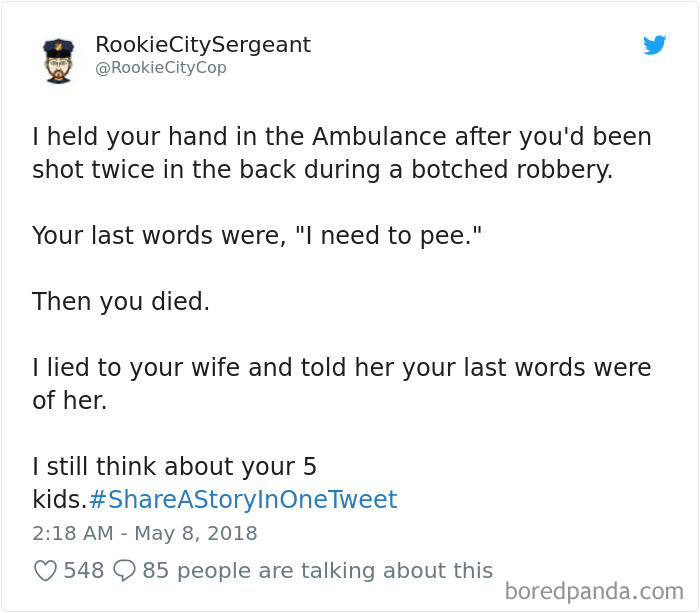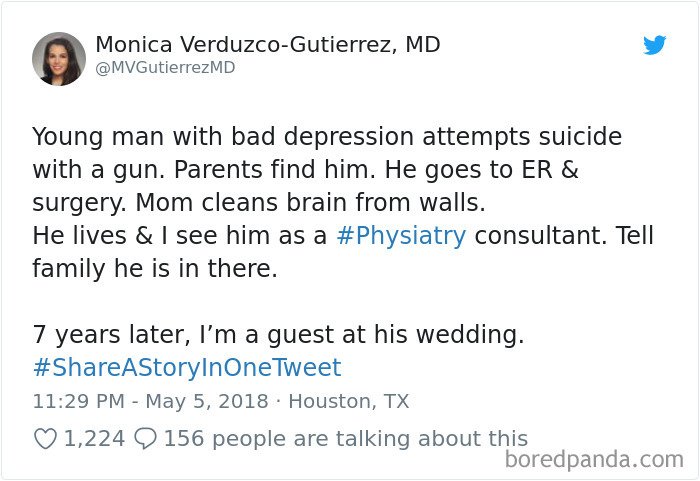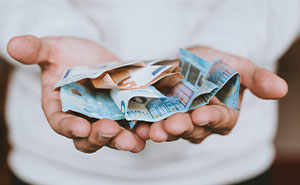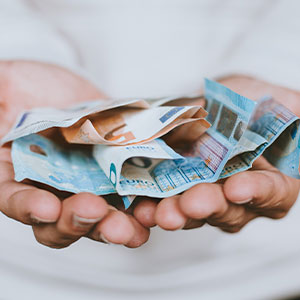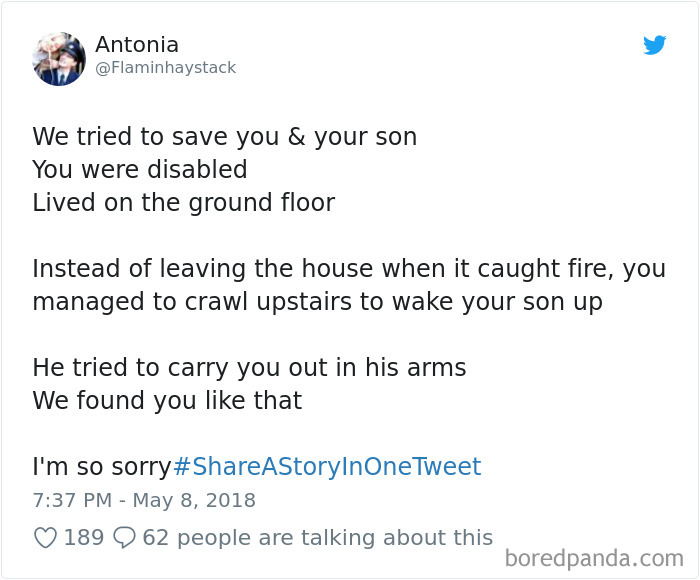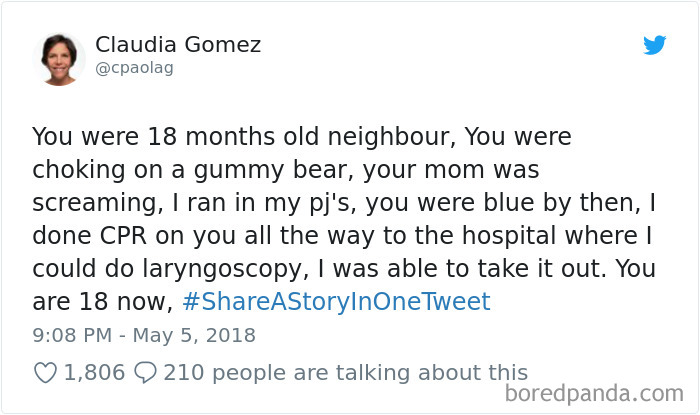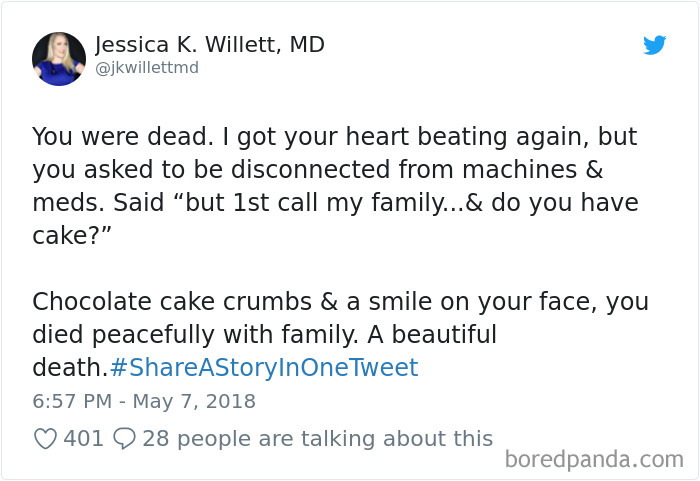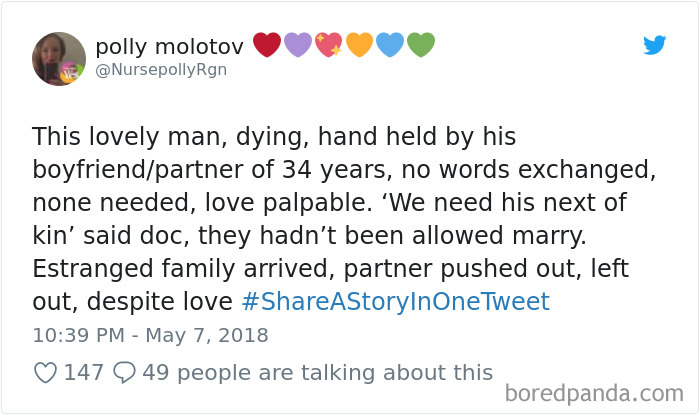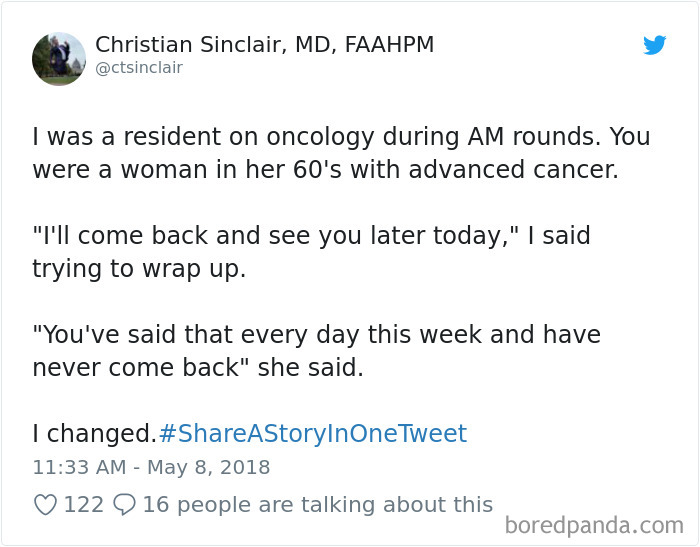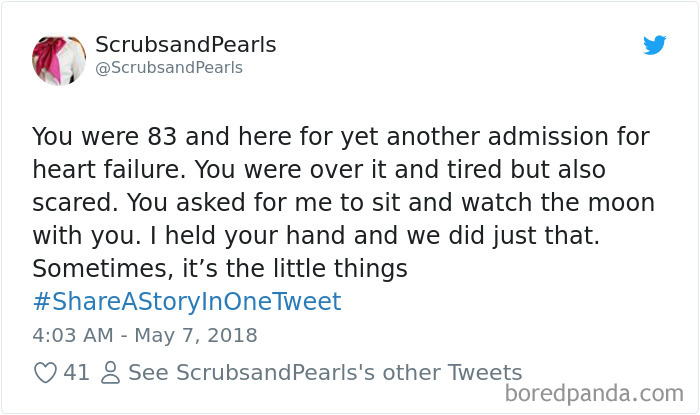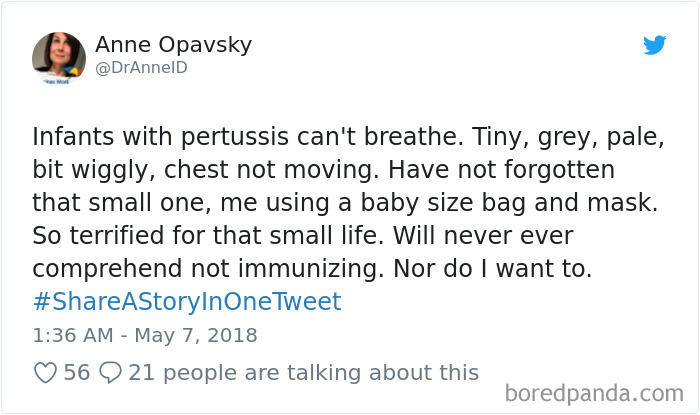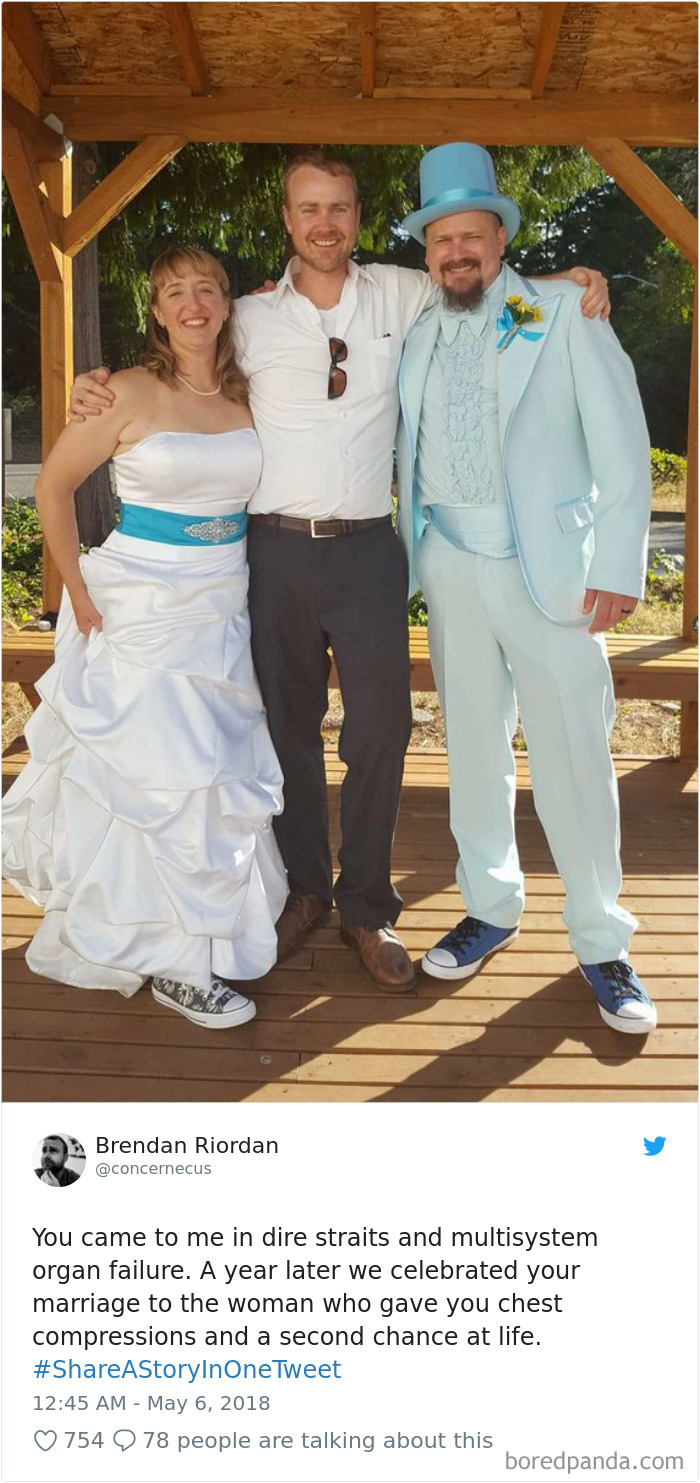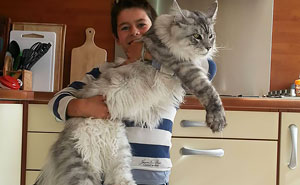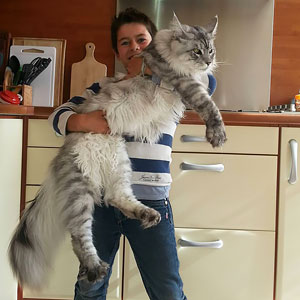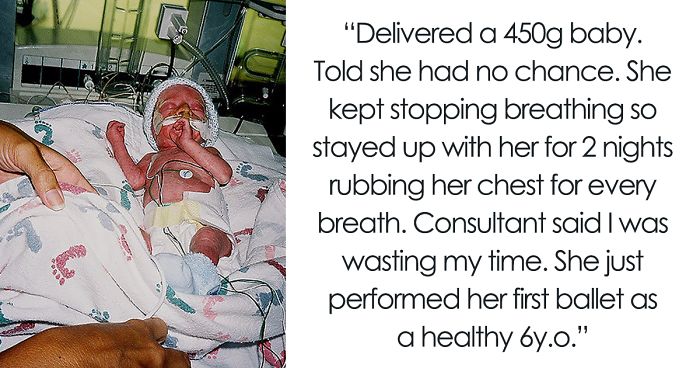
50 Unbelievable Doctor Stories That Went Viral After Someone Started #ShareAStoryInOneTweet Hashtag
Ah, Twitter. Moms use it, dads use it, even Derek uses it, too. It has become an equivalent of the office water cooler on the internet. People fire it up to exchange ideas, discuss hot topics or enjoy small talk. Recently, in the ever-increasing real of tweets, a new trend has emerged. Devoted medics began using the #ShareAStoryInOneTweet hashtag to post touching work moments, and they remind us why we're incredibly blessed to have them.
Doctors, nurses, and other health professionals are flooding the social network, explaining their passion for saving lives, and it's clear that for every patient complaint they can provide countless examples of sacrifice. Scroll down to check out the soul-stirring tweet-stories and upvote your favorites. (Cover image source: Paul Broben)
This post may include affiliate links.
Why can't I upvote this more? The world needs more people like this brother. This mother. This sister. We need- NEED- now more than ever to know we are one world, one family. We have the technology and money and power to fix these problems, but we focus on the wrong things.
I am very sorry, but I can't continue reading these because I can't stop crying. They are all amazing stories, and it's a bittersweet reminder that we should all live the best life that we can, because we never know when it ends.
My grandma died of stage 4 lung cancer, though she never smoked, when I was 8 years old. I think of her everyday, my best friend, and am grateful for the doctors. They said she would inevitably die soon, but lived for another 8 months. Thank you doctors!
Agreed. I'm a hospital registrar in the emergency room. The last thing I do is place an ID bracelet on the patient, lightly grasp their hand, and reassure them. It isn't much. Sometimes, it makes a difference.
I'll never understand how parents can be so cruel. When you're pregnant, it's "I don't care if it's a boy or a girl so long as they're healthy." And then they drop their kids like trash when they can't handle something. Parents like that should be ashamed of themselves and never allowed a moment's happiness.
I think because of character limits, they skipped a comma, but I read that several times like "dad had shot your mom" and "your brother wounded your sister" as if the dad and one child had both gone crazy. Had to read it a couple times to get it right.
It is so sad that things like this happen. Abortion is one of those polarizing subjects that people can feel so strongly about, and women are suffering and dying because of it. Fewer stubborn opinions and more humanity, please.
I happen to respond well to emergencies, and completely fall apart afterward. This poor mom must have felt so panicked and lost. I can't imagine seeing my child in distress like that and not knowing how/ not being able to react. It's a nightmare I'm blessed to not have, and hope I never have.
Family and chocolate cake. That's the way I want to go too. What beautiful serenity and knowing what matters.
Note: this post originally had 242 images. It’s been shortened to the top 50 images based on user votes.
Wow. My mind is so confused by being moved tweet after tweet. An overwhelming mixture of the happy endings and the not so happy endings. All shared by wonderful people from whom I'll try to take an inspiration in my life now on, even though I don't work in the medical field. Thank you. Thank you. Thank you.
i read half way could do no more - the upvotes got less and also - becouse no-one could read that far
Load More Replies...I just gave up being able to comment - all heartbreaking. I just hope so much that when my time comes, or in an emergency, I am in the care of someone as great as all these
I half want to go back and read to the end and the other comments - but it's too distressing
Load More Replies...Wow. My mind is so confused by being moved tweet after tweet. An overwhelming mixture of the happy endings and the not so happy endings. All shared by wonderful people from whom I'll try to take an inspiration in my life now on, even though I don't work in the medical field. Thank you. Thank you. Thank you.
i read half way could do no more - the upvotes got less and also - becouse no-one could read that far
Load More Replies...I just gave up being able to comment - all heartbreaking. I just hope so much that when my time comes, or in an emergency, I am in the care of someone as great as all these
I half want to go back and read to the end and the other comments - but it's too distressing
Load More Replies...